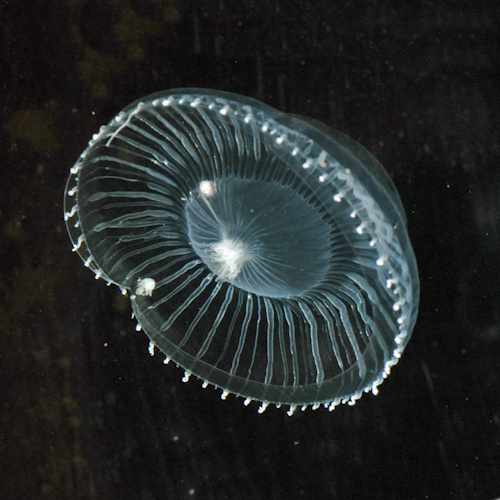Key points from article :
Researchers have uncovered a remarkable survival ability in comb jellies, specifically Mnemiopsis leidyi, commonly known as sea walnuts. When exposed to harsh conditions, like starvation or injury, these jelly-like invertebrates can reverse age, shrinking to a simpler larval form with tentacles used for feeding on plankton.
This adaptability was discovered by researchers at the University of Bergen, who began studying comb jellies to understand their nervous system. The researchers observed that under unfavorable conditions, such as food scarcity or tissue loss, the animals avoided death by transforming into small blobs, eventually developing larval-like tentacles.
The comb jellies’ regenerative process begins once they are fed again. Thirteen out of 65 starved or injured animals in the study reverted to this simpler form, allowing them to capture floating plankton until they regrew their gelatinous lobes and resumed adulthood, even starting to reproduce. This discovery, published on the bioRxiv preprint server, places M. leidyi alongside a select group of animals capable of reversing their life stage, which includes the "immortal jellyfish" and a tapeworm species, Echinococcus granulosus.
This reverse ageing differs significantly from the cellular process in immortal jellyfish, where cells de-differentiate and form a cyst before becoming young polyps. In comb jellies, however, the individual’s identity remains intact, seemingly rejuvenating without undergoing cellular disintegration.
While this "rejuvenation" is unusual, it may represent only partial ageing reversal, raising questions about how many species possess this survival strategy. This finding sheds light on alternative forms of resilience in nature, potentially offering new avenues for studying ageing and regenerative mechanisms in different animal groups.






